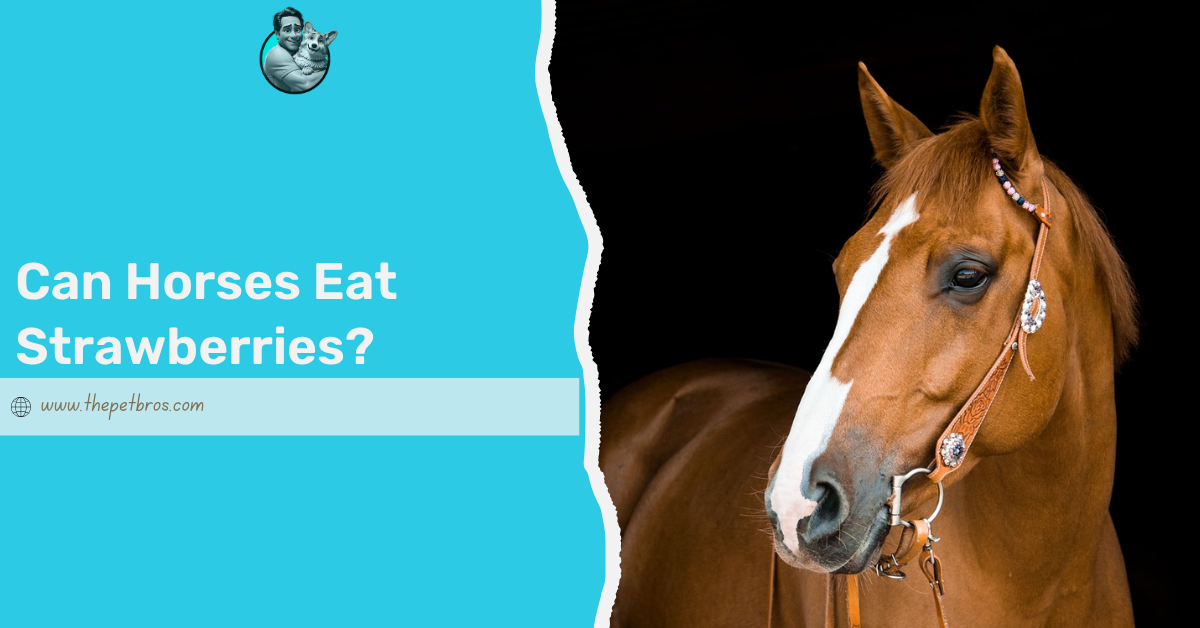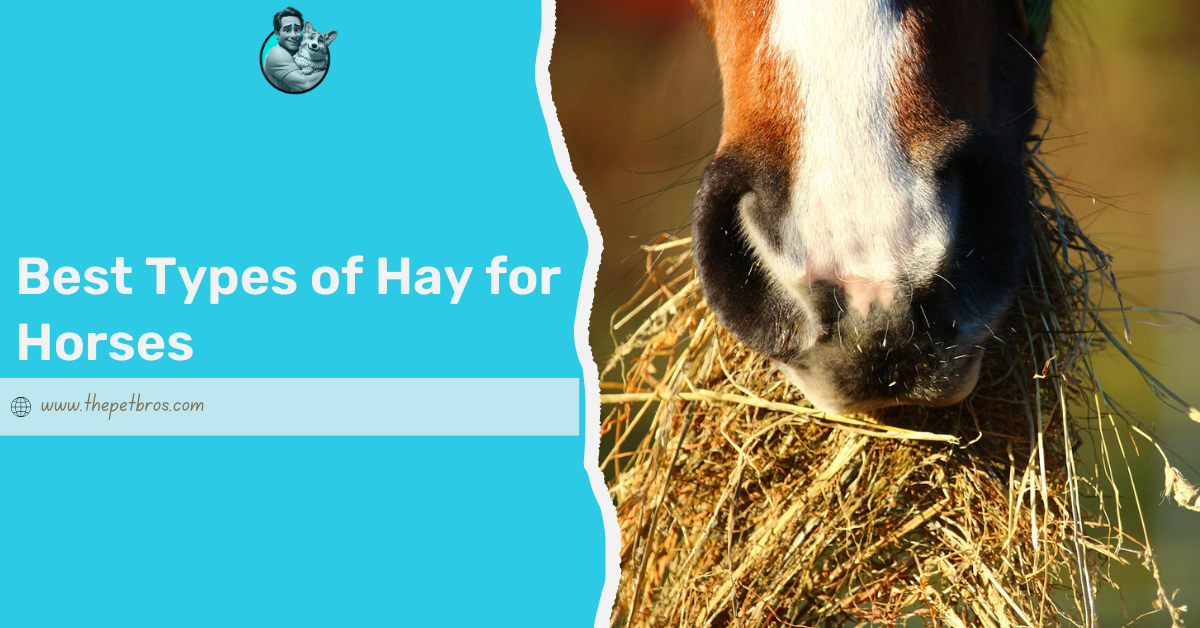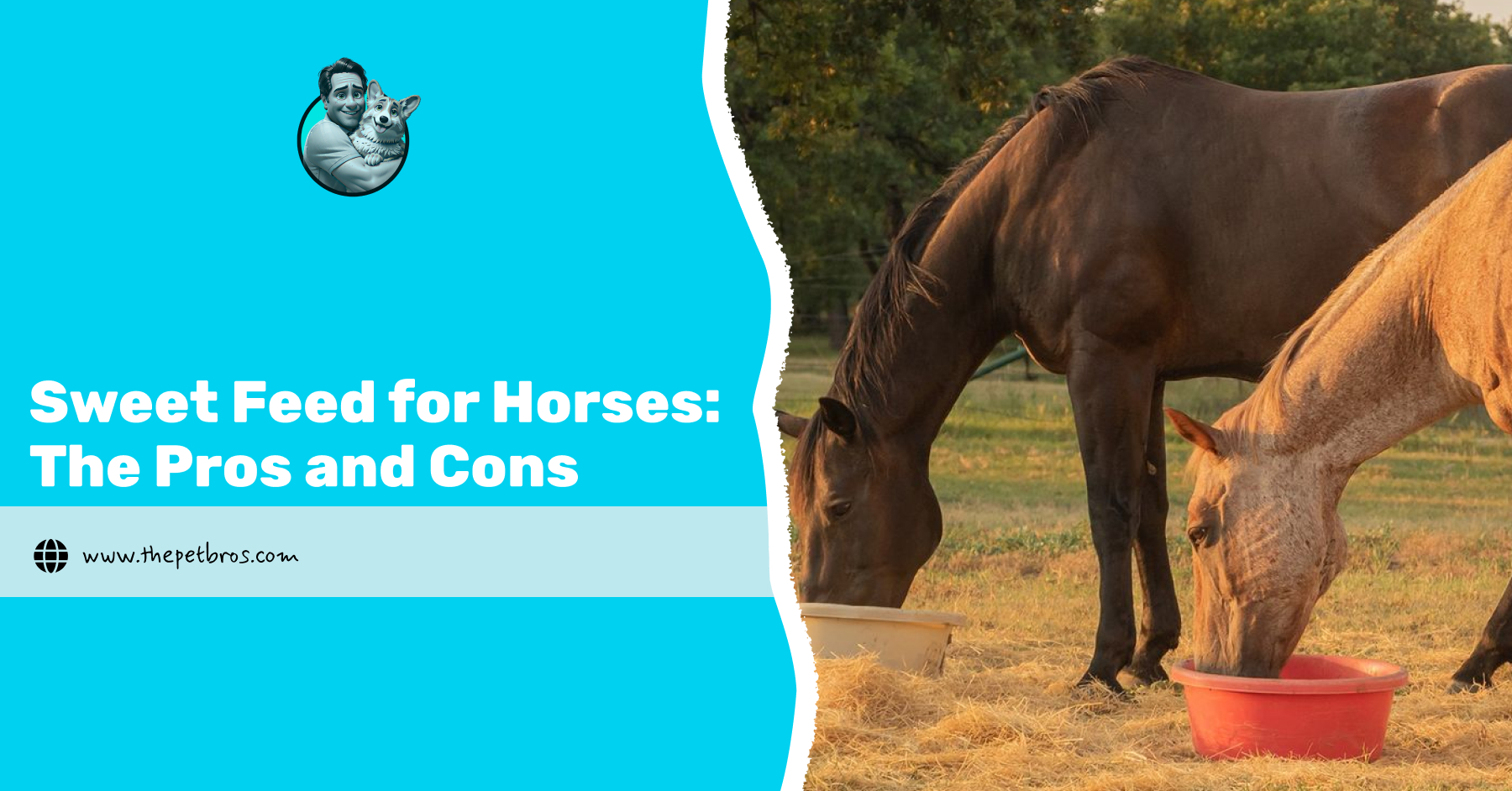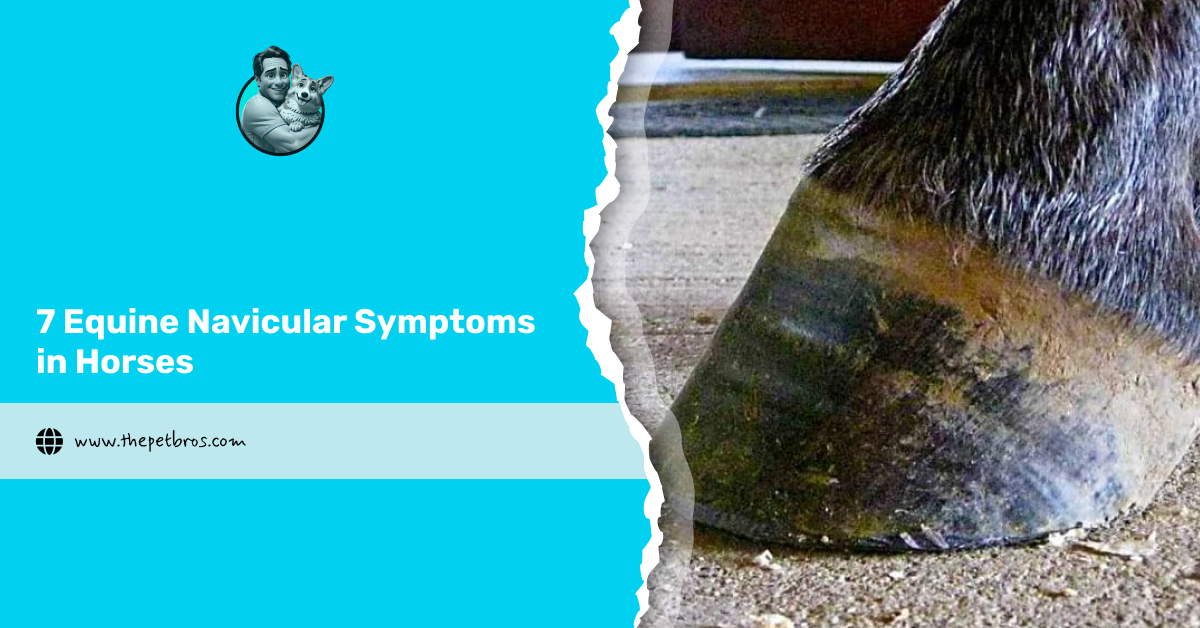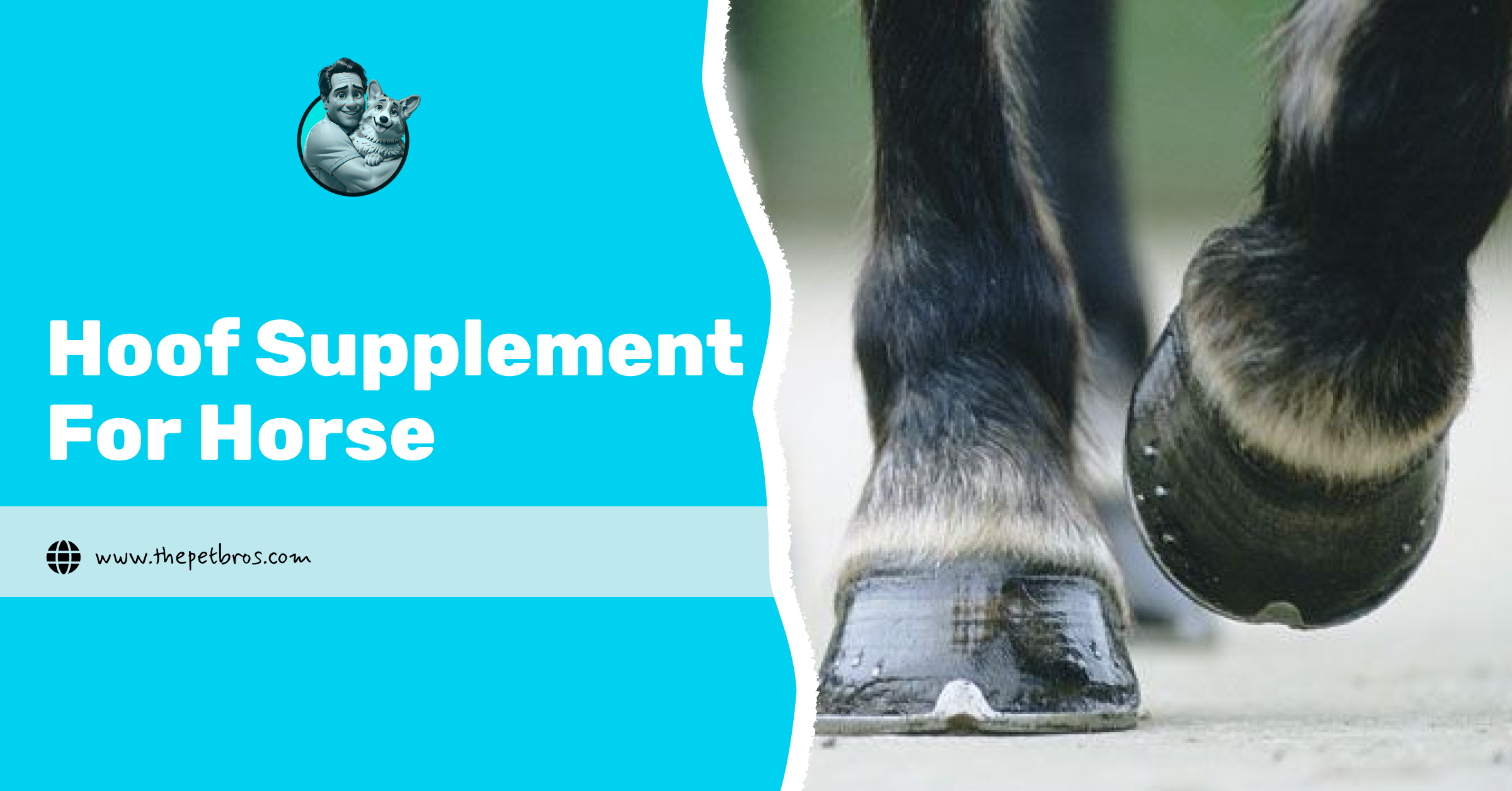Can horses eat strawberries? You’ve probably asked yourself this question while munching on a sweet berry and watching your horse give you that one pleading look. After all, who doesn’t love sharing a delicious treat with their steed? Before you start sharing your strawberries, let’s take a closer look at whether these berries are good for them.
So, can horses eat strawberries? The good news is yes, horses can eat strawberries! And not only do they love them, but strawberries also come with a heap of health benefits, like the extra hydration and the fact that they help them with digestion.
Apart from these, they can be a pretty handy snack. But like all good things, moderation is key. Let’s talk about the dos and don’ts of feeding your horse strawberries before you add them to your horse’s diet!
What You Need to Know About Feeding Strawberries to Your Horse
1. Health Benefits and Nutritional Content of Strawberries
When fed properly, strawberries can bring a surprising range of benefits to your horse’s overall well-being. Strawberries are rich in essential vitamins and minerals, including vitamin C, fibre, magnesium, and potassium.
These nutrients work together to support your horse’s immune system, digestive health, and muscle function. The fibre helps keep things moving smoothly in the gut, while potassium and magnesium play a key role in nerve and muscle function. That means better energy balance and a happier tummy.
One of the biggest perks? Hydration. According to these researchers, Strawberries are made up of about 90 per cent water, which makes them a refreshing snack during hot weather or after a long ride. While they can’t replace a water trough, they can undoubtedly give your horse a juicy hydration boost.
And then there’s the antioxidant factor. These natural compounds help protect your horse’s cells from damage, which is especially helpful for older horses or those in heavy training. Some studies even suggest that antioxidants can support joint health and reduce inflammation.
Of course, strawberries aren’t a magic cure for every health issue. But as a tasty addition to an already balanced diet, they bring a little sparkle to your horse’s snack routine and maybe even a few health perks too.
2. How to Safely Incorporate Strawberries into Your Horse’s Diet
Before you start handing out strawberries like you’re running a fruity buffet, this is where we thoroughly answer the question, “Can horses eat strawberries?” because there are a few things to keep in mind. Yes, horses love them, but introducing any new food should be done with a bit of care and common sense to take care of your horse.
You need to start small. If your horse has never had strawberries before, give it just one or two and wait to see how it reacts. Some horses take to new foods instantly, while others might turn their noses up or show mild signs of discomfort. Testing the waters is always the safest first step.
Cleanliness matters when you’re trying to feed these berries to your horse. Strawberries often carry traces of pesticides or dirt, especially if they’re not organic. Always rinse them thoroughly before serving. Nobody wants their horse nibbling on chemical-coated fruit.
You can also do your horse a favour by chopping them up. Whole strawberries might be small, but they can still be a choking risk, especially for greedy eaters who don’t chew properly. Cut the berries into halves or quarters, depending on your horse’s size and eating habits.
And finally, make sure you’re not replacing proper meals with treats. Strawberries are meant to be a bonus, not the main event. Think of them like you would a scoop of ice cream after a good dinner. It’s delightful, but not dinner itself.
3. How Many Strawberries Can Horses Eat?
A good rule of thumb is to offer no more than one cup of strawberries per week. That works out to around six to ten berries, depending on their size. However, don’t serve them all at once. Spreading them out over a few days is a more innovative way to avoid any sudden sugar spikes or stomach upsets.
Some horses are more sensitive than others, especially those with metabolic issues like insulin resistance or Cushing’s disease. For these horses, even natural sugars can be a bit risky. In such cases, it’s always best to consult your vet before adding new treats to the menu.
Lastly, consuming too many strawberries at once can lead to digestive issues such as bloating, diarrhoea, or general tummy discomfort. While it might not sound like a big deal, an uncomfortable horse is never fun to manage, and not something you want to deal with during a trail ride or after training.
4. Potential Risks of Feeding Horses Strawberries
Even the sweetest/healthiest snack can cause problems if it’s not suited to your horse’s needs. One big concern is the sugar content. Strawberries contain natural sugars, and while that makes them tasty, it also means they’re not ideal for every horse.
Horses with insulin resistance, metabolic disorders, or a history of laminitis require special monitoring. What feels like a harmless handful of berries could lead to a blood sugar spike that causes more harm than good.
There’s also the risk of allergies. Yes, horses can have food sensitivities just like humans. A horse that reacts badly to strawberries might show signs like itchiness, swelling, hives, or even mild digestive issues. If your horse has never tried strawberries before, offer just one or two and observe how it reacts over the next day.
Another issue is pesticides. Commercially grown strawberries often carry chemical residues. This is why washing them thoroughly is non-negotiable. You wouldn’t eat fruit straight from the field, and neither should your horse.
5. Alternatives to Strawberries for Allergic Horses
So your horse gave strawberries a try, and it didn’t go so well, or maybe you’re just playing it safe from the start. Either way, don’t worry. There are plenty of other treats that horses can enjoy just as much, if not more.
Carrots are the classic go-to. Crunchy, mildly sweet, and loved by most horses, they’re a safe and healthy choice. Apples are another crowd-pleaser, but remember to remove the seeds and core before serving. A few slices here and there will do the trick.
Conclusion
Strawberries can be a sweet and nutritious treat for your horse, but only when given in moderation and with a bit of thought. They’re full of vitamins, fibre, and antioxidants that can offer small but meaningful health perks.
Still, not every horse is built the same. Just like how some of them come with goofy personalities and you are left with no choice but to give them funny names, or how some of them act like royalty, different horses may have allergies or conditions that make strawberries a poor fit. That’s why the slow and careful approach always wins. Start with a small amount, watch for any reactions, and speak to your vet if you’re ever unsure.
FAQs
What shouldn’t horses eat?
No chocolate, onions, garlic, tomatoes, caffeine, or lawn clippings. These can be harmful.
Can horses eat dried strawberries?
Only if they’re unsweetened and preservative-free, but fresh is always the safest option.
Can horses eat strawberry plants or leaves?
No, strawberry plants and leaves can contain harmful substances that may irritate horses.
How often can horses eat strawberries?
Horses can eat strawberries a few times a week, but treats should never exceed 10% of their daily intake.
Can horses eat strawberry tops?
Yes, strawberry tops are safe for horses, but they should be washed and introduced gradually.
Are strawberries good for horses’ digestion?
Yes, the fibre in strawberries can aid digestion, making them a beneficial snack in moderation.
What should I do if my horse has an allergic reaction to strawberries?
If you notice signs of an allergic reaction, such as itching or swelling, stop feeding strawberries and consult a vet.






